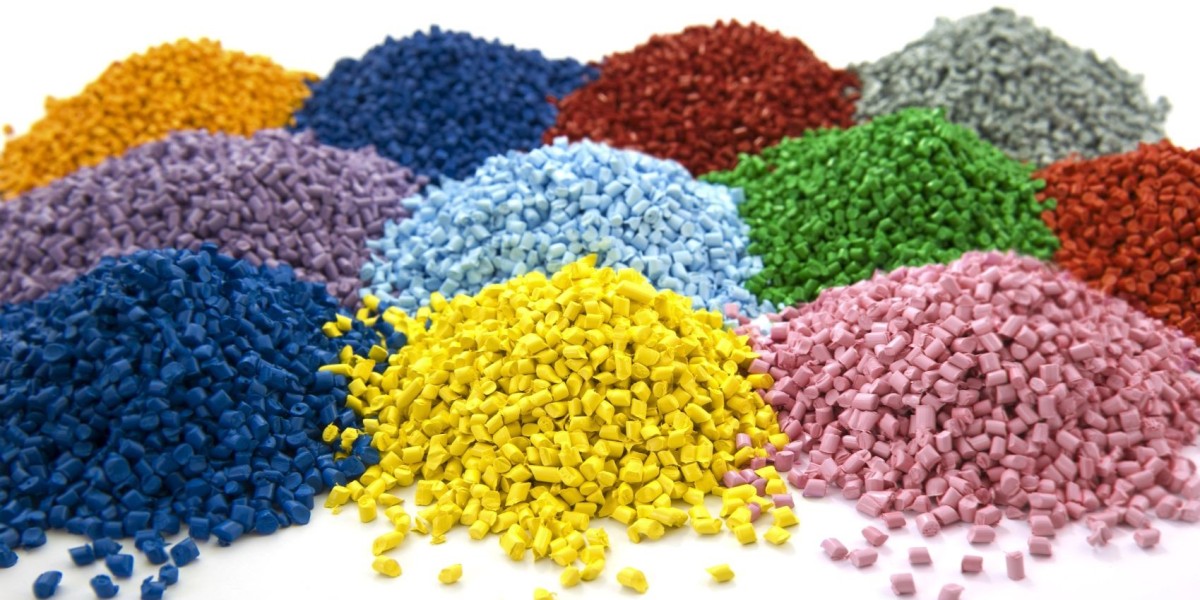Rubber chemicals are chemicals used in the manufacture of various rubber products that help increase the strength, durability and flexibility of rubber. Rubber chemicals are mainly used by manufacturers converting natural rubber/synthetic rubber into finished products such as tires and in non-tyre industries such as hoses, footwear, vehicle castings, industrial belts, gloves, etc.
The world of rubber manufacturing relies heavily on a specialized set of chemicals that play a crucial role in enhancing the properties and performance of rubber products. These additives, known as rubber processing chemicals, are integral to various stages of rubber production, from improving processing efficiency to imparting specific desirable characteristics to the final product
Importance of Rubber Processing Chemicals
Rubber processing chemicals are essential for ensuring the quality and durability of rubber products. Rubber Processing Chemicals aid in the processing of raw rubber, making it more manageable and enhancing its properties to meet specific industrial requirements. By facilitating easier handling and improving the mechanical properties of rubber, these chemicals help manufacturers produce high-quality, reliable products that meet stringent standards.
Types of Rubber Processing Chemicals
Accelerators
Accelerators are vital in speeding up the vulcanization process, a chemical reaction that cross-links rubber molecules to enhance elasticity and strength. Without accelerators, vulcanization would be a much slower process, making production less efficient and more costly.
Antioxidants and Antiozonants
These additives protect rubber products from degradation caused by exposure to oxygen and ozone. Antioxidants prevent the oxidation of rubber, which can lead to brittleness and loss of elasticity. Antiozonants specifically guard against ozone cracking, ensuring the longevity of rubber products exposed to the environment.
Processing Aids
Processing aids improve the handling and mixing of rubber compounds. They help reduce the viscosity of rubber, making it easier to process and shape. These chemicals also enhance the dispersion of fillers and other additives, resulting in a more uniform and consistent final product.
Reinforcing Fillers
Fillers like carbon black and silica are added to rubber to enhance its mechanical properties. They increase the tensile strength, abrasion resistance, and durability of rubber products, making them suitable for demanding applications such as tires and industrial belts.
Plasticizers and Softeners
Plasticizers and softeners improve the flexibility and workability of rubber. By reducing the stiffness of rubber compounds, these additives make it easier to process rubber into various shapes and forms, enhancing the comfort and performance of products like seals, gaskets, and hoses.
Applications of Rubber Processing Chemicals
The diverse applications of rubber processing chemicals span numerous industries, each with its unique demands and specifications. Here are some key sectors that heavily rely on these additives:
Automotive Industry
The automotive sector is one of the largest consumers of rubber products, including tires, belts, hoses, and gaskets. Rubber processing chemicals ensure these components meet the high performance and safety standards required. For instance, accelerators and reinforcing fillers are crucial in tire manufacturing, enhancing durability and grip while maintaining flexibility.
Industrial Applications
Rubber is widely used in industrial settings for machinery mounts, conveyor belts, seals, and gaskets. Processing aids and plasticizers play a significant role in making these products robust and resilient, capable of withstanding harsh operational conditions and prolonged use.
Consumer Goods
Household items like rubber gloves, footwear, and toys benefit from the enhanced properties imparted by processing chemicals. Antioxidants and antiozonants ensure these products remain durable and resistant to environmental factors, while plasticizers provide the necessary softness and comfort.
Medical Equipment
In the medical field, rubber is used in products like medical gloves, tubing, and seals. The quality and safety of these items are paramount, and processing chemicals help achieve the required standards. Non-toxic and hypoallergenic additives are particularly important in this sector to ensure patient safety.
Construction and Infrastructure
Rubber materials used in construction, such as roofing membranes, sealants, and vibration dampening components, rely on the durability and weather resistance provided by processing chemicals. These additives help rubber products withstand extreme temperatures, UV exposure, and mechanical stress.
Innovations in Rubber Processing Chemicals
The field of rubber processing chemicals is continually evolving, driven by the need for more sustainable and efficient manufacturing processes. Some of the latest innovations include:
Eco-friendly Additives
The industry is increasingly focusing on developing green chemicals that reduce environmental impact. These include bio-based plasticizers and non-toxic antidegradants that offer similar or superior performance to traditional additives while being environmentally friendly.
Nanotechnology
The incorporation of nanomaterials, such as nanoclays and carbon nanotubes, into rubber processing chemicals can significantly enhance the mechanical and thermal properties of rubber. These advanced materials provide superior reinforcement, leading to stronger, more durable products.
Smart Additives
Advances in smart additives that can respond to environmental changes are also on the rise. These additives can enhance the self-healing properties of rubber or provide adaptive responses to temperature fluctuations, extending the service life and reliability of rubber products.
Rubber processing chemicals are the unsung heroes of modern rubber manufacturing, playing a vital role in transforming raw rubber into versatile, high-performance products. From ensuring the efficiency of production processes to enhancing the properties of finished goods, these additives are indispensable across various industries. As technological advancements continue to drive innovation, the future of rubber processing chemicals looks promising, with a focus on sustainability and enhanced performance to meet the ever-evolving demand.
Get more insights on Rubber Processing Chemicals
Also read related article on Rubber Processing Chemicals



